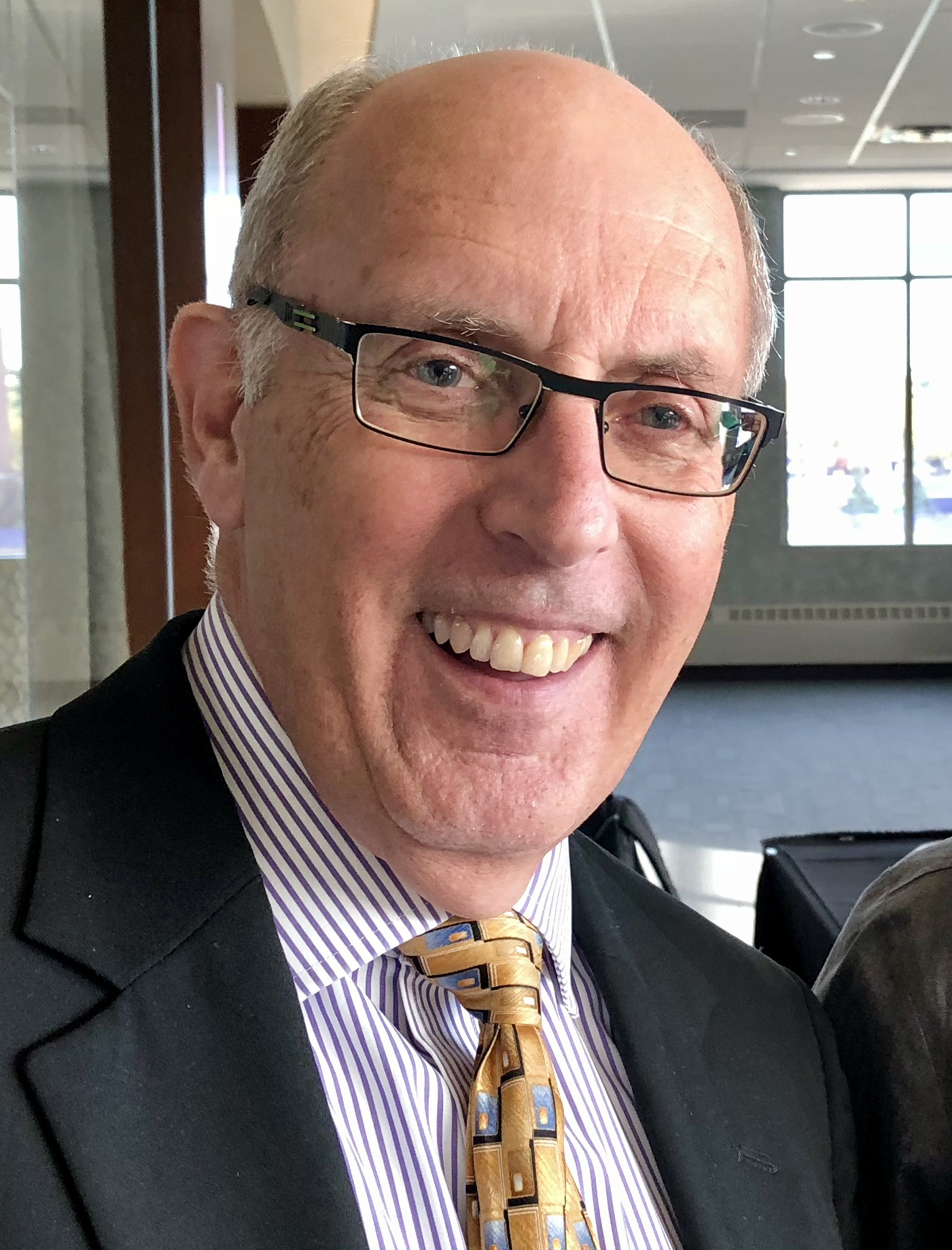Safe Passage for Children of Minnesota is not bringing forward legislation itself this session, but our volunteers are meeting with their state Senator and Representative in support of legislation brought by others when it has a direct impact on child safety and well-being.
The first such bill has been brought by Foster Advocates and is known as Maya’s Law.
The chief authors are Rep. Jamie Becker-Finn and Sen. Julie Rosen.
Maya’s Law includes three provisions that are critical to child safety:
- Interview children separately from and prior to the adults in the household during the initial child protection visit, including for Family Assessment cases
- Interview children in foster care four years and older separately from the foster parents
- Require counties to document what they found in Family Assessment cases
Safe Passage has had conversations with hundreds of citizens about these and related Family Assessment practices. They are virtually always stunned to learn about them, particularly that children are interviewed in front of persons accused of harming them. Research has accumulated since 2006 that these practices, known in many states as Alternative Response (AR) are less safe than traditional investigations. As of early 2020, 13 states had ended or suspended AR programs, largely due to high profile child murders and very low uptake of services. Particularly worth reading is Kathryn Piper’s survey of 50 evaluations and papers regarding AR programs in “Issues in Differential Response: Revisited”, available on the website of the American Professional Society on the Abuse of Children, Center for Child Policy.
Safe Passage is also supporting a second Foster Advocates bill to conserve income for children and youth in foster care.
The chief authors are Rep. Dave Pinto and Sen. Omar Fateh. This will end the practice of counties taking fosters’ income to help pay for foster care, and instead place the funds in individual trust accounts so fosters will have assets available to them when they age out of care. Counties, the Department of Human Services (DHS), and advocates are working together to move this bill forward. The legislation would provide funds this session for planning, with the intent to obtain funding and authorization from the legislature to begin implementation next year.
Estimate are that about 8% or 800 children in foster care at any one time are eligible for one of these income streams, which average about $840 per month per child. This bill will conserve nearly $8 million annually for fosters. In some cases the amount conserved will be substantial, in others less so because many children do not stay in foster care for extended periods of time. Research shows however that even a nest egg of a few thousand dollars for children when they age out of the system can make a huge difference in terms of their long-term ability to become independent.
We are also supporting
intended to save CASA, the nonprofit that recruits and supports volunteer guardians ad litem, or GALs. This bill is authored by Rep. Heather Edelson.
CASA, or Court Appointed Special Advocates, has been in operation in Minnesota for nearly 40 years. These volunteer GALs exist in all but one state nationwide. However for some time the state Guardian ad Litem program, which operates within the State Court Administration, has not allowed CASA to recruit new volunteers. As a result CASA has been reduced from a high of 400 GALs to less than 100. If this continues, the program will disappear through attrition within a year or two. This bill will require the state to continue allowing CASA to recruit new volunteer GALS and provides $150,000 to help the state with the transition.
We are also supporting a Foster Advocates initiative to establish a state ombudsperson for foster children.
Authored by Rep. Jessica Hanson and Sen. Karin Housley, this bill is needed because existing state ombudspersons are for families or for services areas such as mental health and disabilities. There is no one that fosters can turn to in state government to advocate on their behalf.
Finally, every year Safe Passage supports early learning scholarships because decades of research have shown that quality early childhood programs actually reduce child maltreatment by 25% to 50%. Governor Walz has proposed additional funding for early learning scholarships in his Supplemental Budget, and as of this writing the House Human Services Omnibus Bill includes $240 million for early learning scholarships for 20,000 children, which would approximately double the current number. Unfortunately the Senate has little or no funding for this crucial service.
